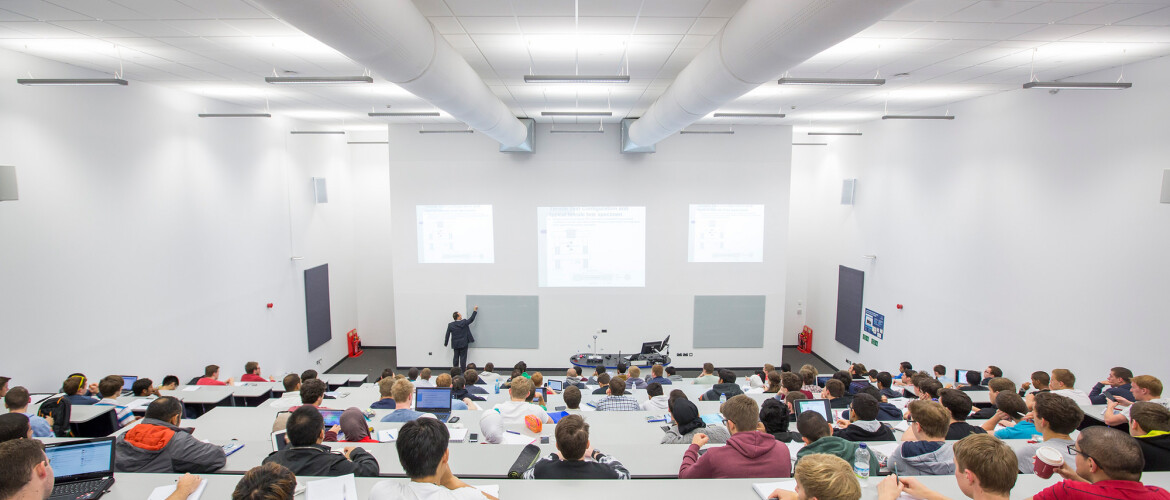
Swansea University's School of Education was opened a couple of years ago and is already gaining a national and international reputation for its work on education and learning across the lifecycle and throughout a range of educational institutions. Here, Professor Martin Stringer, Pro-Vice-Chancellor for Education, takes a look at the research that is taking place across Swansea University into learning and teaching.
These continue to be very interesting times. We are now approaching the first anniversary of the first UK lockdown and while the news around vaccinations is very positive, very little else appears to have changed. Obviously, the University has had to adapt and manage this situation just as every other organisation and business across the country has had to do the same. It has clearly been a challenge for the whole community, but I want to stress just how much all our staff, and our students, have pulled together, and worked over and beyond what could have been expected of them to make the best of the situation for all involved.
It is in this context, therefore, that I want to pay tribute to one area of research across the University that can sometimes be overlooked and lost among all the high-profile and high-impact research that often gets reported in the news and social media. This is the research that is happening, at many different levels, but across the whole institution, into learning and teaching.
Our new School of Education was opened a couple of years ago and is already gaining a national and international reputation for its work on education and learning across the lifecycle and throughout a range of educational institutions. We have had considerable publicity for the work that is also being undertaken, primarily with colleagues in Law and Medicine, on essay mills and contract cheating. This has already had a positive impact on the legislation of countries such as Ireland and New Zealand and we hope it will lead to changes in the law here in the UK as well. Other work, critiquing learning styles, on active learning and on the use of learning technologies is also receiving international attention, and Swansea University was the first UK university to host a conference on the use of virtual reality in learning.
However, these high-profile cases are, perhaps, just the tip of the iceberg in terms of the range of research that is happening across the institution. Much of this work is being done by lecturers, in many different disciplines, relating directly to their own teaching and to the issues that are raised in terms of the engagement of students. Each July the Swansea Academy of Learning and Teaching (SALT) holds a conference, attended by two or three hundred academics from across the institution, where this local research is shared and promoted among our colleagues.
In this year in particular, however, all this research activity has proved invaluable. I have no doubt that it is the grassroots research that has been undertaken by colleagues in relation to their own issues and concerns that has allowed us, as an institution, to move so quickly, and so effectively to provide outstanding learning, teaching and pastoral support to our students.
Without that constant promotion of research into learning and teaching, and the exemplary work of so many of our colleagues, we would not have been able to respond in such a positive way when the pandemic hit us this time last year. Now the challenge is to draw on the same resources, to learn from our experience over the last year, and to embed all the good practice in our day-to-day practice for the future.
